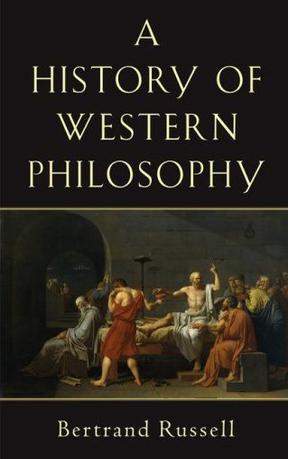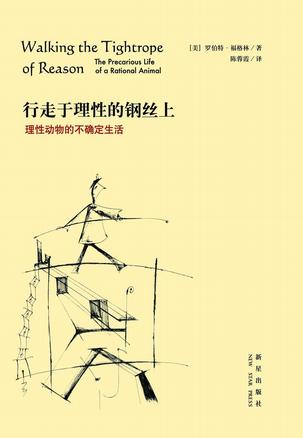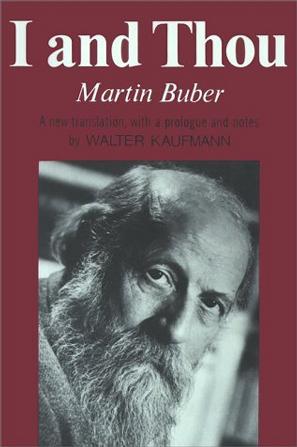-

Anti-Oedipus
A major work in the development of critical theory in the late twentieth century, Anti-Oedipus is an essential text for feminists, literary theorists, social scientists, philosophers, and others interested in the problems of contemporary Western culture. In his preface, Michel Foucault calls Anti-Oedipus an introduction to non-fascist life, referring not just to political fascism but to the fascism within us--- the desire to be led. To address that problem, Deleuze and Guattari propose a political analysis of desire as it is expressed or repressed in Western culture. They find the seeds of society's sickness in contemporary psychoanalysis, especially in the powerful figure of Oedipus. -

The Order of Things
When one defines order as a sorting of priorities, it becomes beautifully clear as to what Foucault is doing here. With virtuoso showmanship, he weaves an intensely complex history of thought. He dips into literature, art, economics and even biology in The Order of Things, possibly one of the most significant, yet most overlooked, works of the twentieth century. Eclipsed by his later work on power and discourse, nonetheless it was The Order of Things that established Foucault's reputation as an intellectual giant. Pirouetting around the outer edge of language, Foucault unsettles the surface of literary writing. In describing the limitations of our usual taxonomies, he opens the door onto a whole new system of thought, one ripe with what he calls exotic charm. Intellectual pyrotechnics from the master of critical thinking, this book is crucial reading for those who wish to gain insight into that odd beast called Postmodernism, and a must for any fan of Foucault. -

A History of Western Philosophy
Since its first publication in 1945, Russell's A History of Western Philosophy has been universally acclaimed as the outstanding one-volume work on the subject — unparalleled in its comprehensiveness, its clarity, its erudition, its grace and wit. In seventy-six chapters he traces philosophy from the rise of Greek civilization to the emergence of logical analysis in the twentieth century. Among the philosophers considered are: Pythagoras, Heraclitus, Parmenides, Empedocles, Anaxagoras, the Atomists, Protagoras, Socrates, Plato, Aristotle, the Cynics, the Sceptics, the Epicureans, the Stoics, Plotinus, Ambrose, Jerome, Augustine, Benedict, Gregory the Great, John the Scot, Aquinas, Duns Scotus, William of Occam, Machiavelli, Erasmus, More, Bacon, Hobbes, Descartes, Spinoza, Leibniz, Locke, Berkeley, Hume, Rousseau, Kant, Hegel, Schopenhauer, Nietzsche, the Utilitarians, Marx, Bergson, James, Dewey, and lastly the philosophers with whom Lord Russell himself is most closely associated — Cantor, Frege, and Whitehead, co-author with Russell of the monumental Principia Mathematica. -

行走于理性的钢丝上
人类能够相信所有的事情,但是也能堕入深深的怀疑和迷惑。问题部分在于我们的许多信仰缺乏理性的基础。更深也是更麻烦的问题还在于,对理性的追求本身又是这种怀疑和迷惑的来源。 在《行走于理性的钢丝上》中,罗伯特•福格林引导读者穿越悖论、幻觉及其激进怀疑论这些迷宫,而它们正是哲学探究的中心问题所在。福格林认为,我们的理性技能坚持要对宇宙作出纯粹理性的说明,然而同时,这些技能的内在缺陷又使得我们决不能完全满足这一要求。结果我们发现自己是处在一种不牢靠的地位,于是,要么用康德所谓的“形而上学幻觉”来安慰自己,要么接受激进怀疑论的立场。 通过反思古希腊的怀疑论者以及如休谟、康德、维特根斯坦、尼采及萨特这样的思想家,本书使得读者进入——并且穿越——哲学中某些最棘手同时也是最富挑战性的领域 作者语摘: 不受束缚的理性,会迫使我们进入两个相反的方向。其一是形而上学的方向,其传统形式就是试图用一种纯理性的因素,来说明实在那稳定内在的结构。认为必定存在这一结构,那正是理性自身的要求。其二是相反的方向,因为当理性趋于极限时,就会带来自我摧毁,从而引出激烈的怀疑主义或相对主义。 但本书不是为这种选择提供指导,而是力图理解它们如何产生,我们又如何可能从中解脱出来。我的中心论点是,当假设理性可不受限制地运用时,就会出现这种根本性的选择局面。更深入的论点是,摆脱这些选择或许是困难的,在某些情形中或许还决不可能完全做到。这些选择带来了维特根斯坦所说的“深深的焦虑”。 ——罗伯特•福格林 -

Irrational Man
Widely recognized as the finest definition of existentialist Philosophy, this book introduced existentialism to America in 1958. Barrett discusses the views of 19th and 20th century existentialists Kierkegaard, Nietzsche, Heidegger, and Sartre and interprets the impact of their thinking on literature, art, and philosophy. -

I And Thou
Martin Buber's I and Thou has long been acclaimed as a classic. Many prominent writers have acknowledged its influence on their work; students of intellectual history consider it a landmark; and the generation born since World War II considers Buber as one of its prophets. The need for a new English translation has been felt for many years. The old version was marred by many inaccuracies and misunderstandings, and its recurrent use of the archaic "thou" was seriously misleading. Now Professor Walter Kaufmann, a distinguished writer and philosopher in his own right who was close to Buber, has retranslated the work at the request of Buber's family. He has added a wealth of informative footnotes to clarify obscurities and bring the reader closer to the original, and he has written a long "Prologue" that opens up new perspectives on the book and on Buber's thought. This volume should provide a new basis for all future discussions of Buber.